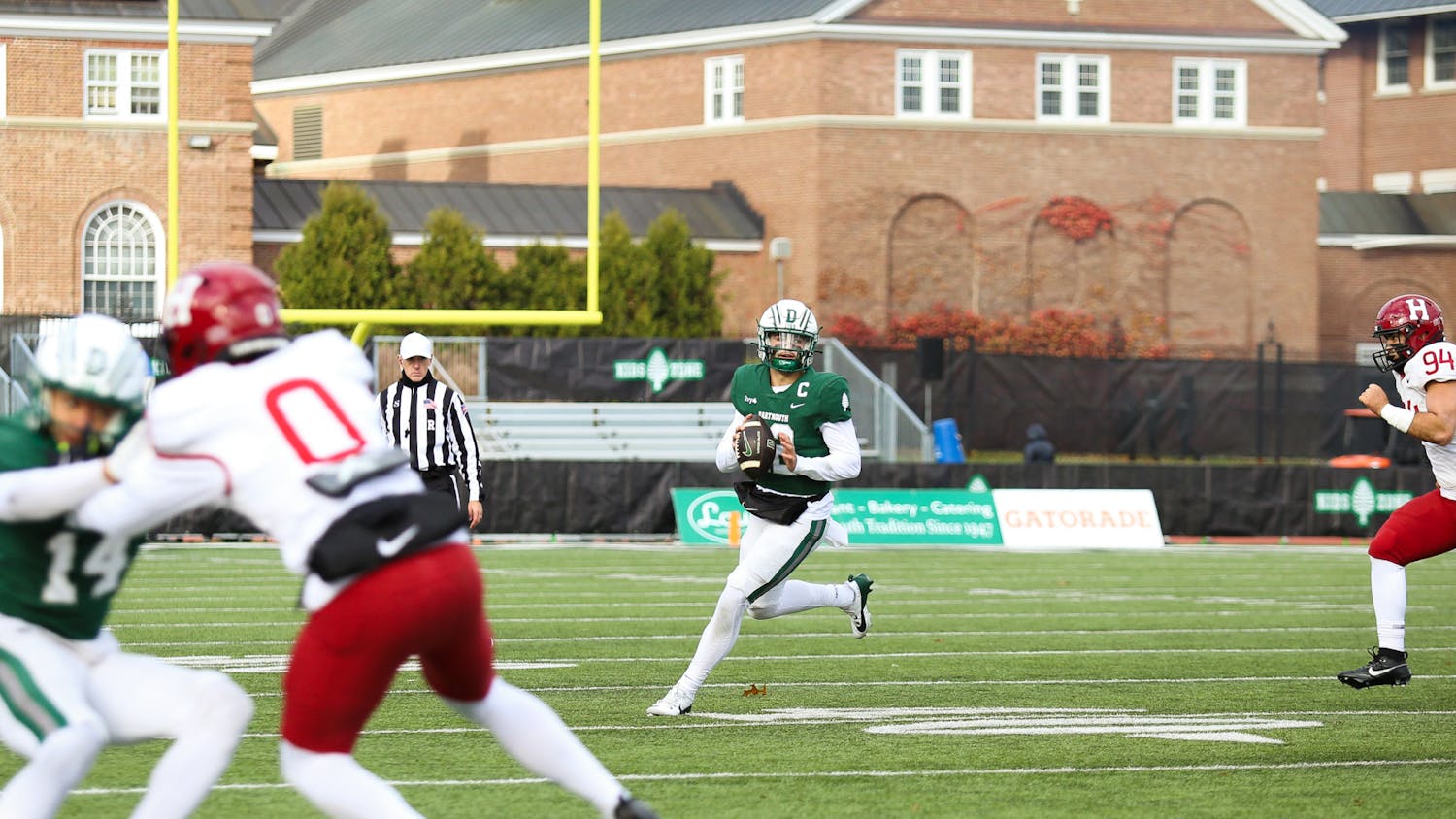Twenty-six seconds left. Second-and-goal from the one-yard line. Make a touchdown here and the Seattle Seahawks would move ahead by three points, virtually guaranteeing the team a Super Bowl victory. The Seahawks running back, Marshawn Lynch, had carried the ball 24 times that day for more than 100 yards and a touchdown. The New England Patriots were lined up in their goal-line formation, preparing to do everything they could to stop the run on the most crucial play of the game. The Seahawks had all but won the game, and the Pats were just making one last desperate attempt to keep their hopes alive.
Just when all seemed lost for New England, a miracle happened. For some unimaginable reason, the Seahawks chose to pass the ball in this situation. Russell Wilson threw the only interception from the one-yard line to occur in the NFL all season, and the rest was history. Two kneel-downs later and Tom Brady became the third quarterback in history to win the Super Bowl four times as a starter and only the second to win the Super Bowl Most Valuable Player award three times. Brady had been playing phenomenally all game long, but a moment of pure luck in the final seconds of the game was what put the Pats over the top for their fourth championship in the Brady-Belichick era. Malcolm Butler, an undrafted free agent who had barely played all season, made the biggest play of his life — intercepting Russell Wilson’s pass to completely swing the game in the Pats’ favor. Despite being a player from the back of the roster who had been passed over by every NFL team, Butler delivered for the Pats in the biggest moment and on the biggest stage.
A player who came out of nowhere to make the play that would decide the Super Bowl, the undrafted rookie’s story reads like none other. Butler started his college career playing at Hinds Community College in Raymond, Mississippi, but was kicked off the team just five games into his freshman season. Butler eventually transferred to the University of West Alabama, finishing out his college career playing Division II football in the Gulf South Conference.
For most D-II football players, graduation marks the end of their football careers. Yet, against all odds, Butler got his opportunity when one of the Patriots’ area scouts, Frantzy Jourdain, happened to notice the young cornerback while evaluating other players. In May of last year, the Patriots gave Malcolm Butler a tryout — his only tryout for any of the 32 NFL teams. The Pats brought Butler in primarily to evaluate his special teams skills — they were planning on using him to cover kicks and punts. No one expected the former D-II cornerback to make the kinds of defensive contributions he eventually would make.
For Butler, though, it didn’t matter how he got his opportunity. He had his foot in the door, and he wasn’t about to give up on his dream any time soon. Through training camp and the preseason, Malcolm Butler regularly made plays in coverage against the Patriots’ wide receivers. He quickly caught the eye of both Tom Brady and the coaching staff, earning the nickname “Scrap” for his aggressive, give-no-ground approach. By the time the second preseason game rolled around, “Scrap” had already proven himself enough to earn the start opposite Darrelle Revis. In that preseason game against the Philadelphia Eagles, the former undrafted free agent was a starter for the first time in his professional football career, and was sharing the field with one of the best and most well-regarded cornerbacks in the game. On one side of the field stood “Revis Island” — a six-time Pro Bowler and four-time All-Pro and a former American Football Conference Defensive Player of the Year. On the other side of the field stood someone only a few years removed from working at Popeye’s. Little did anyone expect that “Scrap” would eventually be the one who made the championship-winning play.
For Malcolm Butler, that interception will always be remembered as the moment where he knew he had finally made it — as the moment when he finally proved that he belonged in professional football, despite all the challenges he had faced trying to get there. That interception marked the dramatic culmination of the ultimate underdog story and served as a poignant reminder of what sports are all about: coming out on top no matter the odds. Hopefully, that’s how the play will ultimately be remembered.
When thinking back to that game-changing interception, most people will remember it as the worst decision in Super Bowl history. Seahawks fans, in particular, will probably speak of it as the moment when Pete Carroll managed to snatch defeat from the jaws of victory.



